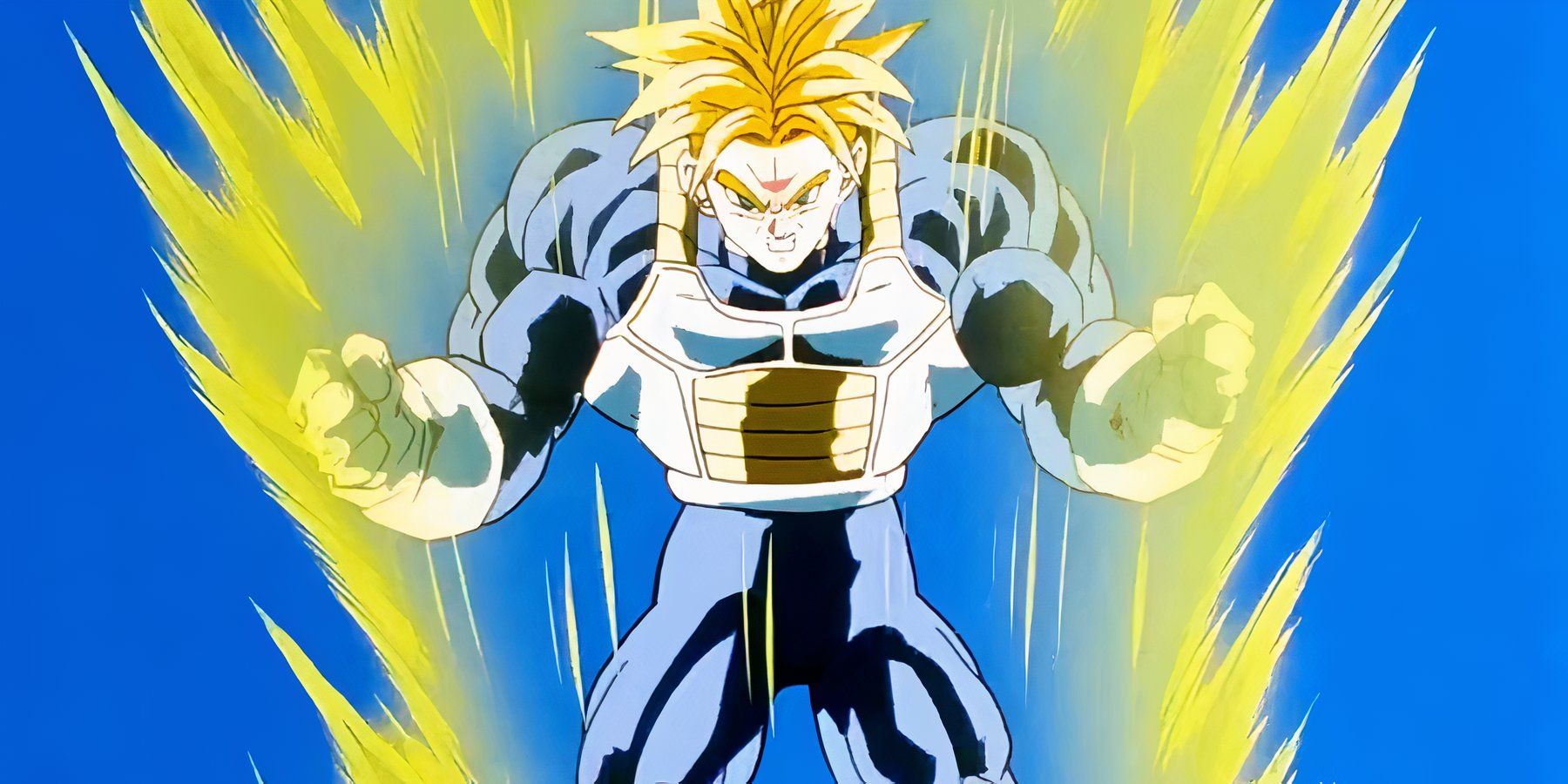Highlights
- The Ackerbond theory suggests that an instinctual genetic bond forms between an Ackerman and the person they protect.
- Fans are divided on the theory, with some believing it removes the Ackermans' agency, while others see merit in the idea.
- The series creator, Hajime Isayama, has clarified that the Ackermans' motivations are formed out of free will and not predetermined genetic factors.
The legendary warriors known as the Ackermans have long puzzled Attack on Titan fans with their immense strength, skill, and unshakable loyalty. Chief amongst the mysteries surrounding this storied bloodline is the concept of the Ackerbond, an instinctual bond said to form between an Ackerman and the person they are sworn to protect.
Throughout the series, we have witnessed powerful yet perplexing connections between characters like Mikasa and Eren, Levi and Erwin, and Kenny and Uri. But what exactly is this enigmatic Ackerbond, and how does it truly influence these devoted protectors?
-3.jpg)
Attack on Titan: Eren's Founding Titan Abilities, Explained
Eren's Founding Titan abilities make him one of Attack on Titan's most consequential characters. Here's a closer look at how it works.
The History of the Ackerman Clan
To understand the roots of the Ackerbond theory, we must first look at what is revealed about the Ackerman clan within the story. The Ackermans originally lived in the Eldian Empire and were genetically engineered through Titan science experiments conducted by the royal family to serve as an ultra-powerful, human form of protection for the King. They fulfilled this duty for many generations.
However, after the Eldian Empire fell and the first King Fritz erected the walls of Paradise Island to contain the surviving Eldians, the Ackermans did not accept Fritz's new ideology of pacifism. Along with another resistant minority tribe, the Asians, the Ackermans were heavily persecuted by the royal government out of fear they could not be controlled by the Founding Titan's memory-altering powers. This brought the clan nearly to extinction over the following centuries.
Only a handful of Ackermans survived into the current era within the story. This includes Mikasa Ackerman, the only known female Ackerman currently living, who is unusually strong and serves as an elite member of the Scout Regiment. Her loyalty to her adopted brother, Eren, is unquestionable. There is also Captain Levi, regarded as humanity's strongest soldier, who maintains unwavering faith in Commander Erwin's leadership of the Scouts. In the past, Kenny Ackerman loyally served King Uri Reiss until the latter's death.
These three relationships are at the heart of the Ackerbond theory. But what actually drives the Ackermans' fierce devotion to these particular individuals? Does it form naturally, or is there an unseen genetic factor at work?
The Controversial Ackerbond Theory
One of the more divisive fan theories surrounding Attack on Titan is the concept of an Ackerbond, a predetermined genetic bond that forms between an Ackerman and whoever they perceive as their host or person to protect. The theory stems from an interaction between Eren and Mikasa in the story.
In an attempt to push Mikasa away, Eren claims that when they first met as children and he told the then-normal Mikasa to fight against the men who killed her parents, it triggered her dormant Ackerman abilities and instincts. He asserts that, due to the Titanic experiments their ancestors underwent, Ackermans are conditioned to sense who their host is and obey them without question or ability to refuse out of a sense of forced duty rather than free choice.
Believers in the Ackerbond argue Mikasa is effectively enslaved to protecting Eren, not out of familial love but because of instinctual impulses she can't control. Eren also implies that the headaches Mikasa sometimes experiences are signs of resistance from her true self against this pre-programmed role.

Attack on Titan: Eren's True Feelings For Mikasa Are What We All Suspected
Eren never really let his true feelings for Mikasa show, but the finale confirmed what most fans have suspected for years.
Those against this theory see it as a needlessly cruel characterization that removes the Ackermans' agency. After all, Mikasa clearly cares for Eren like family and shows free thought and dissent against him at times. Levi follows his own moral code, just as Kenny served Uri Reiss, due to feeling understood, not obligated. However, doubt remains since the Ackermans' origins are still shrouded in mystery. So what is the truth about the nature of these special bonds? Both perspectives have merit warranting consideration.
Decrypting the Author's Comments
Thankfully, series creator Hajime Isayama himself has weighed in to help clarify matters. In his 2016 Q&A book Attack on Titan: Answers, Isayama confirmed the genetic relationship between Mikasa, Levi, and Kenny as members of the same rare Ackerman bloodline. However, he then stated that their motivations for defending their chosen companions were not predetermined but simply their nature—in other words, formed of free will rather than any unseen force.
This statement lines up with how the characters are depicted acting with clear emotion and reasoning rather than mindless obedience. Mikasa comforts a crying Eren and defies him when necessary out of friendly care. Levi laments the death of Erwin as losing the one who revived his lost will to live, rather than any hostage-like bond. Kenny seemed almost awestruck by Uri Reiss's kindness and power in a distinctly human rather than instinctual reaction.
Isayama's clarification suggests that while the Ackermans' incredible abilities may originate from Titan experiments long ago mentioned in the story, their personal allegiances stem merely from the love, respect, and understanding found between complex individuals—no different than any other close relationship. This casts serious doubt on the notion of the Ackerbond removing their independence of thought and free choices in forming attachments.
Conclusive Evidence or a Lingering Mystery?
Even with Isayama weighing in to deny removing the Ackermans' agency, some fans continue to speculate about their nature. However, Isayama has definitively stated that relationships are formed out of free will rather than any innate compulsion. While the origins of the Ackermans' abilities within the story's lore remain uncertain, Isayama confirmed they retain independence of thought and choice in forming attachments. Any instinctual traits they possess do not govern their will.
However, the story as it is presents the Ackermans as multifaceted characters making conscious decisions grounded in human emotion rather than simple host-and-guardian roles. Their defiance of orders when principles demand it supports this portrayal.
The debate surrounding the controversial Ackerbond theory shows how Attack on Titan invites deep analysis of the sociological and ethical implications behind its fictional scientific concepts. While fans may continue theorizing, unless the mangaka contradicts himself, we must consider these complex family-like bonds to form out of free choice rather than genetic coercion, according to the creator's presented vision. The Ackermans remain a shrouded yet compelling aspect of this rich universe's complex history and characters.
Attack on Titan is available to stream on Prime Video.






